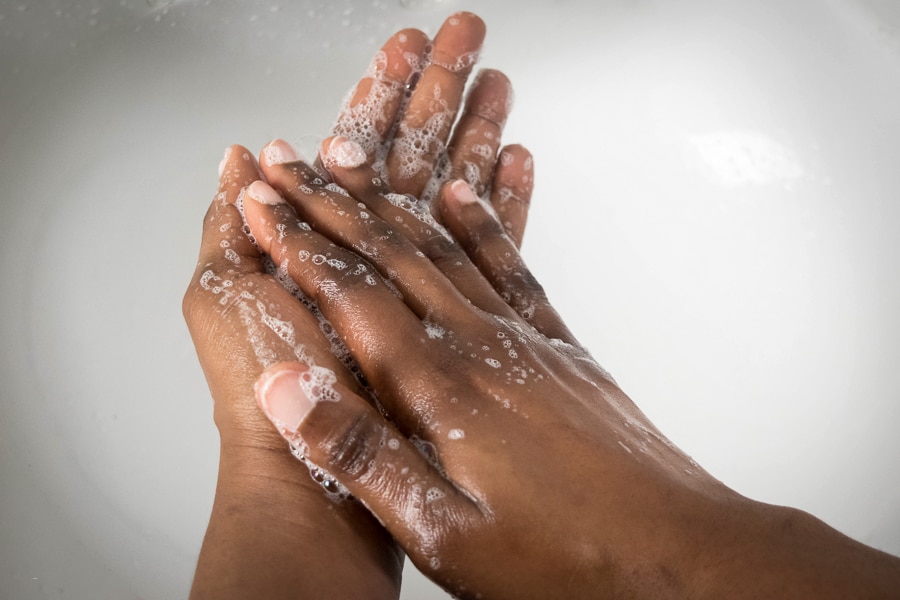
Maker of Dove soap will drop the word 'Normal' from beauty products
Unilever said Tuesday that it would no longer use the word "normal" on its products or in its advertising, after a study revealed that it makes most people feel excluded.
 Image credit: Shutterstock
Image credit: Shutterstock
Beauty and personal-care company Unilever said Tuesday that it would no longer use the word “normal” on its products or in its advertising, after a study revealed that it makes most people feel excluded.
Unilever, a company based in London that owns Dove, Axe, Sunsilk and Vaseline, among other personal-care brands, also said it would not digitally alter the body shape, size or skin color of models in its advertising as part of its Positive Beauty initiative, according to a news release. And the company promised to increase the number of ads featuring underrepresented people, without specifying which groups.
An aim of these steps and others, Unilever said, was to better “challenge narrow beauty ideals.”
The advertising changes came after the company commissioned a 10,000-person study across nine countries, including Brazil, China, Nigeria, Saudi Arabia and the United States.
The study found that 56% of participants thought that the beauty industry could make people feel excluded, and that as many as 7 in 10 people agreed that the word “normal” on products and in advertising had negative effects. Eight in 10 people agreed among participants age 18 to 35.
©2019 New York Times News Service




